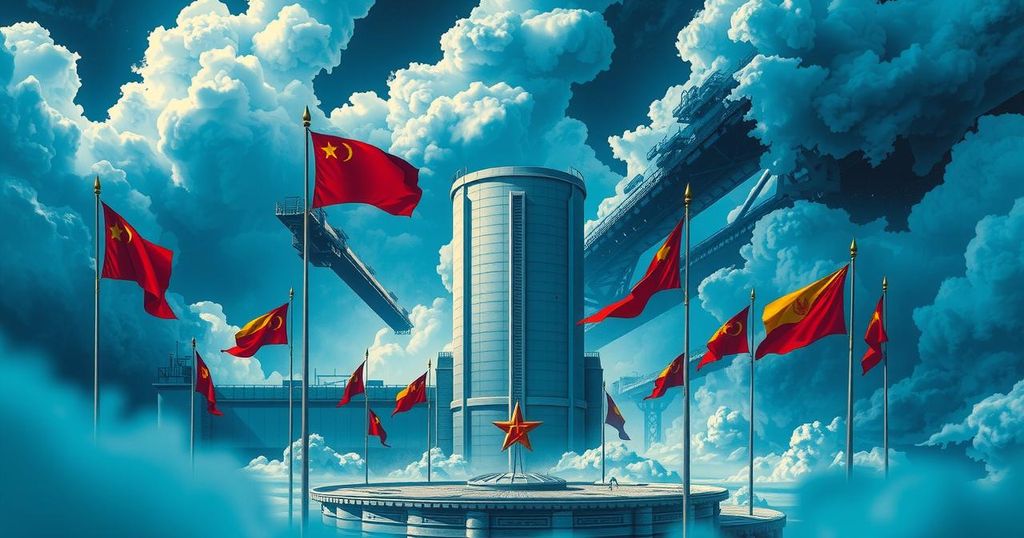Iran’s Foreign Ministry has summoned the ambassadors of Britain, France, and Germany in protest of their collaboration with the U.S. regarding a closed-door UN Security Council meeting on Iran’s nuclear program. The summoning reflects accusations that the Security Council is misused to target Iran’s peaceful nuclear efforts. Diplomatic tensions continue to escalate as Iran asserts it is facing unwarranted interference while allegations persist about its nuclear activities.
On Thursday, Iran’s Foreign Ministry took significant diplomatic action by summoning the ambassadors of Britain, France, and Germany. This summoning served as a protest against what Iran claims is their “collusion with Washington” in organizing a closed-door meeting at the UN Security Council concerning Tehran’s nuclear endeavors.
Hassaninejad Pirkouhi, the Director General of the International Peace and Security Department, accused the diplomats of misusing the Security Council to unjustly target Iran’s “peaceful nuclear program.” The ambassadors assured that they would communicate Iran’s concerns back to their respective governments.
In parallel, Iran’s UN envoy, Sa’eed Iravani, criticized Washington for allegedly leveraging the Security Council to further an “economic war” against Iran. He termed the meeting an “unwarranted interference” with Iran’s cooperation with the International Atomic Energy Agency (IAEA).
The Security Council, responding to requests from six member states—including France, Greece, Panama, South Korea, Britain, and the United States—held this session to discuss Iran’s engagement with the IAEA. Reports indicate the focus was on undeclared nuclear materials identified at several sites, amidst ongoing claims that Iran is enhancing its nuclear activities in breach of the nuclear agreement.
The recent diplomatic developments underline the escalating tensions surrounding Iran’s nuclear program. Iran’s summoning of European ambassadors and accusations against the U.S. reflect its displeasure with perceived interference and pressure from the international community. As discussions at the UN Security Council proceed, the implications for diplomatic relations and regional stability continue to evolve, particularly concerning Iran’s compliance with its nuclear commitments.
Original Source: shafaq.com




